By Rabbi Yair Hoffman for the Five Towns Jewish Times
Words fail. A wonderful couple – about to be married – tragically killed by drunk drivers. It is so very painful and feels so senseless. The parents of these wonderful children, their families – each and every one of them – they are all walking Kiddush Hashems.
No one is privy to the reasons and calculations of how the Creator runs the world. When tragedy strikes, however, it has always been our way to find solace in the words of the sages of Israel.
Both the bride and the groom were Tzaddikim. They were Baalei chessed and bnei Aliyah. They brought joy and cheer to everyone and inspired others, even their teachers, in their ivdu es Hashem b’simcha and in their avodas Hashem. She attended Torah shiurim – because she wanted to, and performed acts of chessed constantly. Her chosson as well.
Chazal tell us (Moed Kotton 28a) that the tragic deaths of Aharon HaKohain’s sons are juxtaposed to the Para Adumah to teach us that the deaths of Tzaddikim are mechaper – they atone for us.
There are numerous ways that this happens. One way is through the notion of general kapara discussed in the Gemorah. Another way is that when we are noseh b’ol chaveiro, when we feel the pain of others – this removes decrees against us. When we are concerned for families that lost children, decrees are reversed. Chazal (Vayikrah Rabbah 34:14) tell us of a time when there was no rain. A man had compassion toward his down-trodden ex-wife and gave her significant funds. This caused the decree to change and rain came down right away.
There is also a third way. The Zohar further tells us that if not for the tefillos of those that have passed on – we would be unable to stand.
We are maaminim bnei maaminim. Indeed, the Mechilta tells us that on shvii shel Pesach, Klal Yisroel recited the Hallel – even before Kriyas Yam Suf. How could this be? The answer is that they had the highest degree of Emunah.
We are distraught by the enormity of this tragedy. It is so difficult to hold back tears – yet we retain our emunah and know that Hashem runs the world – and that everything will be clear in the future.
Dovid HaMelech describes us as the Shivtei Kah (Tehillim 115:16), the tribes of G-d. Klal Yisroel has an exceptional level emunah and bitachon a unique ability to connect to HaKadosh Boruch Hu, one that we believe always was and remains unparalleled among other nations.
The Rosh HaShana davening delineates for us the true destiny of Klal Yisroel. The Jewish nation were the ones that introduced Hashem to the world, and in the future it is the destiny of Klal Yisroel to introduce more knowledge of Him throughout the world so that all peoples of the world will form one group in order to fulfill the Creator’s Will.
The fulfillment of this ultimate destiny is a gradual process that began long ago – at the very birth of Klal Yisroel as a nation.
Generally speaking, we can further these connections to Hashem with 1] greater and deeper Torah study – G-d’s law, with Avodah or Tefillah – Divine service, and with acts of Gmilas Chasadim – acts of lovingkindness to others. The Mishna in Avos delineates these three paths and explains that they hold up the world – they also further our individual connection to the world’s Creator. These three all work in different ways.
Delving deeper in Torah study demonstrates our desire to be closer to Him, and to His word.
And finally, there is the third method of being like HaKadosh Boruch Hu. The Gemorah tells us, Mah hu rachum af atta rachum mah hu chanun af atta chanun.. Just as He is merciful and kind so to must you be merciful and kind. Hashem is the ultimate source of goodness and Chessed, lovingkindness, and we should strive to be like Him and do Chessed too.
The good feeling that we get when we do Chessed is because that Divine section within all of us described as that “Chailek Elokah mimaal” is charged and highlighted whenever we do acts of Chessed.
This couple connected to Hashem in all of these ways. Which brings us back to why they were chosen. But why the parents, why the siblings? Such challenges and nisyonos.
THREE GROUPS
The Maharal tells us that people that are given stress or challenges can generally be divided into three groups:
The first type consists of those who Hashem finds incredibly special. Hashem brings about the Tzaar precisely because He wants and desires the added closeness. This group is why the Imahos, Sarah, Rivkah, and Rachel and others such as Chana, did not, at first, have children. Hashem wanted their closeness to Him through their Tefillah – prayers. The Gemorah in Yevamos (64a), “HaKadosh Boruch Hu Misaveh leTfilasan shel Tzaddikim, Hashem yearns for the prayers of the righteous.”
A second group are those that Hashem wants to give more Schar, more merit, by bringing them closer to Him. This group is also included in those described in Mishlei (3:12) in the posuk, “For those to whom He loves, He afflicts..” In Yishayahu (57:15) the Posuk says, “Ani eshkon es dakah, I shall dwell in those who are broken-hearted..”
These people may be average or beinoni, but for some reason Hashem singled these people out to get ever closer to Him.
A third group are those people that Hashem wishes to give an atonement on some action that they may have done. One such case is Avimelech. Another case l’havdil, is Miriam who spoke, on a very subtle level, negatively about Moshe Rabbeinu.
Whichever group one is in, the Maharal (Nesivos Olam – Nesiv HaYesurin chapter 1) explains that when Hashem brings these afflictions, just as a father comforts a child, so too does Hashem comfort us.
The Maharal explains that the Yissurin somehow prepares the person for greater Dveikus Bashem – connection and cleaving to Him. It removes the “Chomrius” physical nature of the person, in the words of the Maharal, and fully spiritualizes the person. As proof he cites that an Eved, a slave, is called Chomrius and when he loses a tooth, the master must set him free. Certainly, writes the Maharal when someone’s entirety is afflicted with Yesurim, that person’s entire essence becomes spiritual. The Maharal further explains (chapter 3) that the person becomes Kadosh, holy.
ATTITUDES
The Gemorah in Brachos (54a) writes that we are obligated to make a bracha on “bad news” just like we make a bracha on “good news.” Chazal tell us (Brachos 5b) that we should accept all Yissurim, affliction or pain, B’Ahava – with love. Yissurin B’Ahavah is an important level to achieve. The Maharal (chapter 3) brings a proof from Iyov that if one reaches this level, the schar that a person gets is multiplied manifold.
This may be a high madreigah to reach, and we should not be down on ourselves, if, occasionally, we don’t reach it. Whenever we do reach it, we get that high level of schar.
Rav Tzvi Myer, grandson of Rav Gedaliah Schorr says that there is an expression which states, “Don’t look at the cup as if it is half empty – look at it as if it is half full.” Both perspectives have it wrong. The truth is that the cup is always completely full. Hashem is so filled with love and compassion toward us that He is always showering us with good and what is in our best interest.
The problem is that, at times, we may view things negatively as if the cup is only partially filled with good and that the rest is air. This perspective is incorrect. The cup is always full. We just fail at seeing it.
We must teach ourselves that seemingly negative things do not happen to us – they happen for us. This idea must be entrenched within us and is the reason that the sages ordained that immediately before we recite the Shma we declare the realization of G-d’s intense love for us: Ahavah Rabbah ahavtanu or Ahavas Olam.
This is the meaning of the expression of the sages, (Brachos 54a) – k’shaim she’mevarchin al hatov kach mevarchin all haRah. It has to be k’shaim – equally – because the cup is always full. This is also the reason we recite in Hallel ki gavar aleinu chasdo – we are showered and perhaps even overwhelmed with His goodness.
The Gemorah in Brachos (60b) says that a person should always say, “Kol Ma D’avid Rachmana l’tav avid – whatever Hashem (the Merciful One) does, He does for the good.”
Elsewhere, (Nesiv Ahavas Hashem p.43) the Maharal explains that this attitude even has the effect of changing what might be perceived as negative things around to fully perceivable positive things. Understandably, this is a very worthwhile attitude to adopt.
The Maharal wrote these words centuries ago, and it is this author’s hope that they will offer some consolation and understanding to those who are suffering pain.
The author can be reached at [email protected]

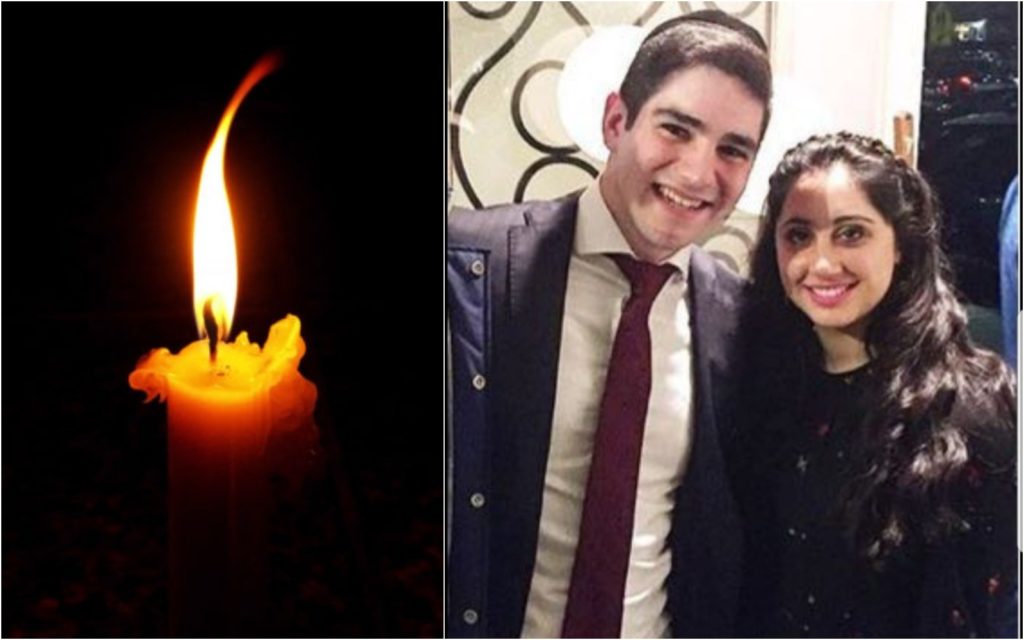


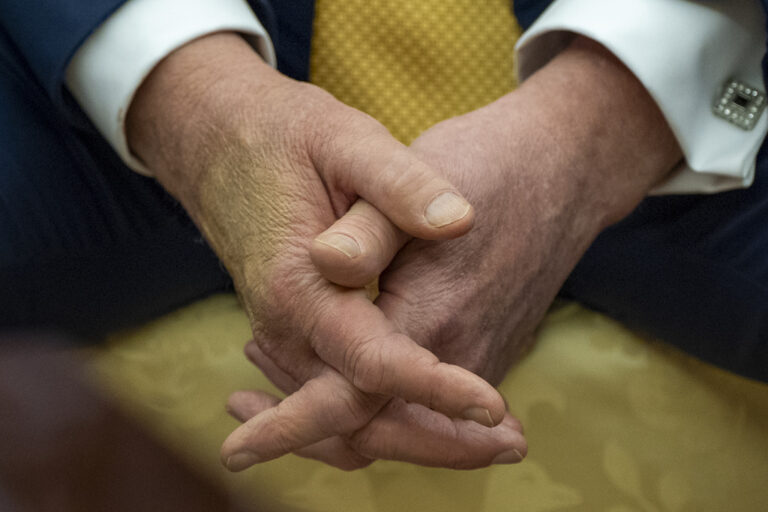

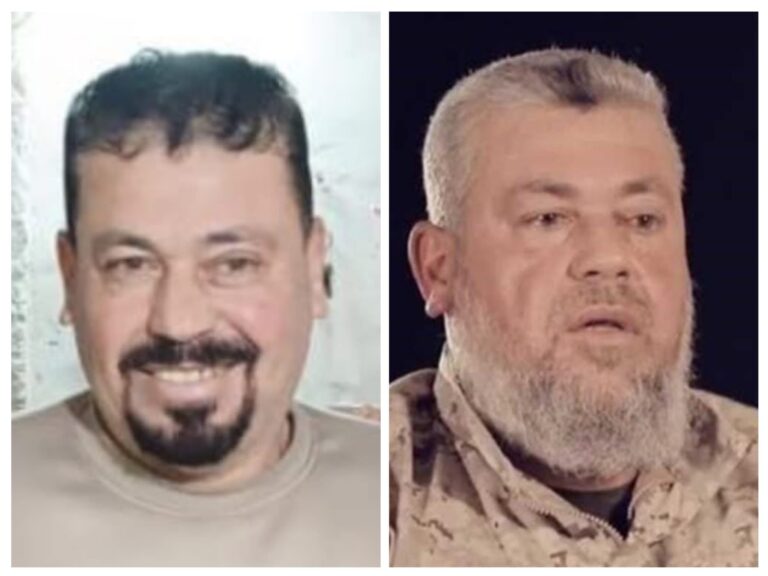
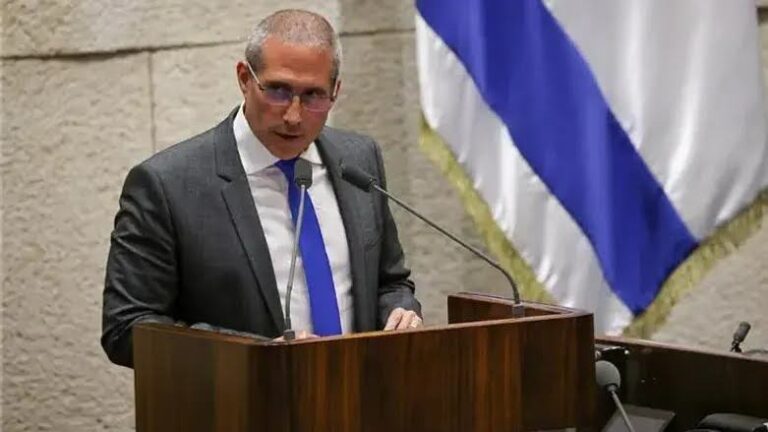

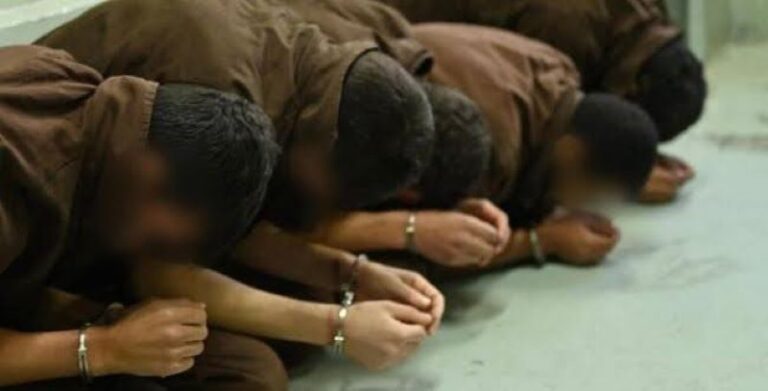
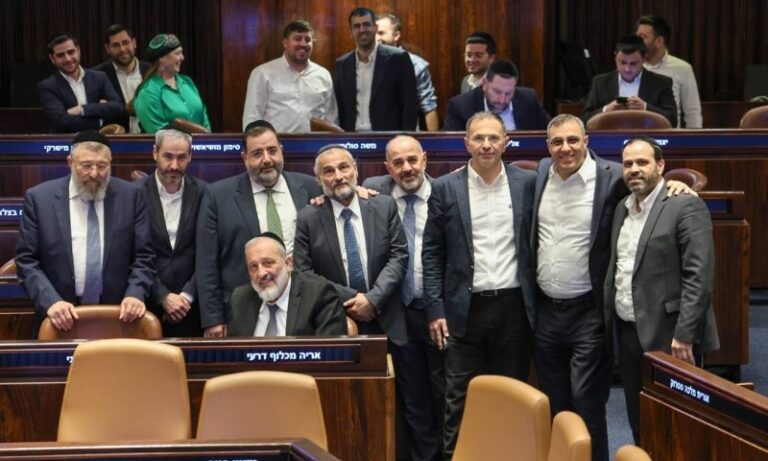
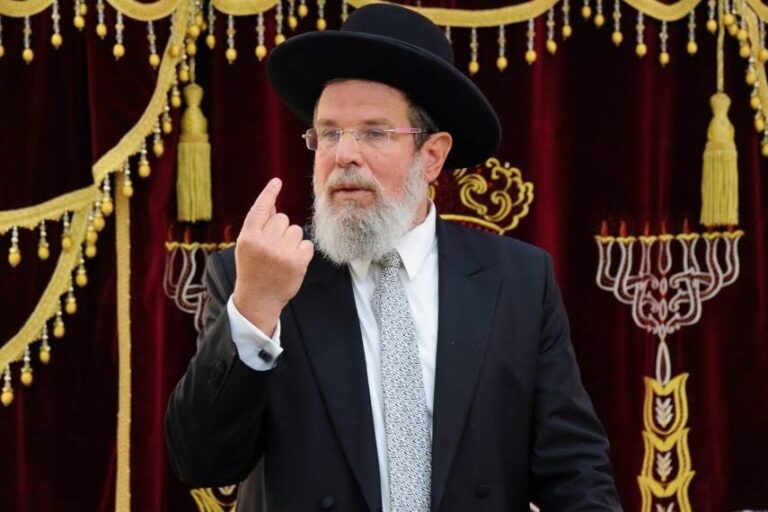
One Response
Git geshriben!